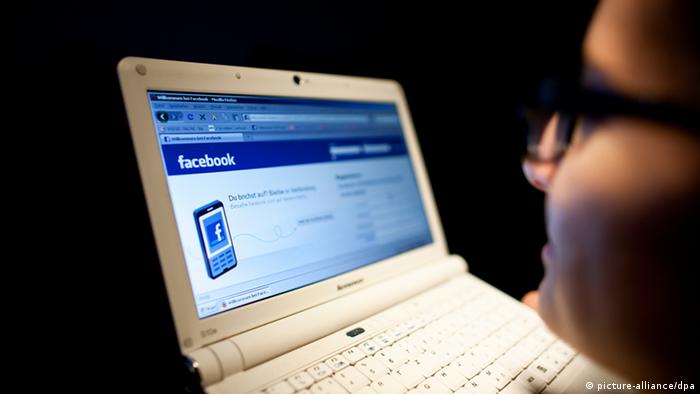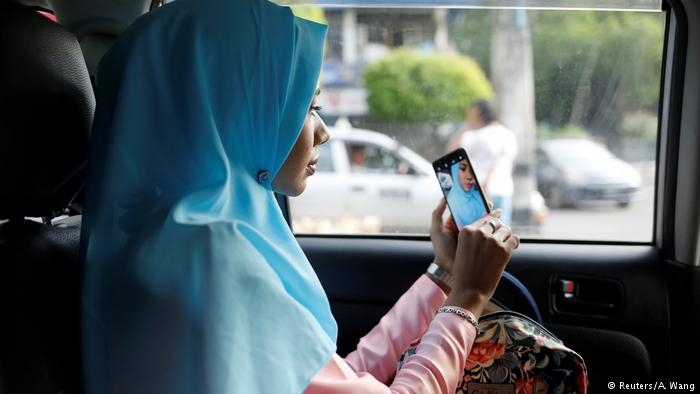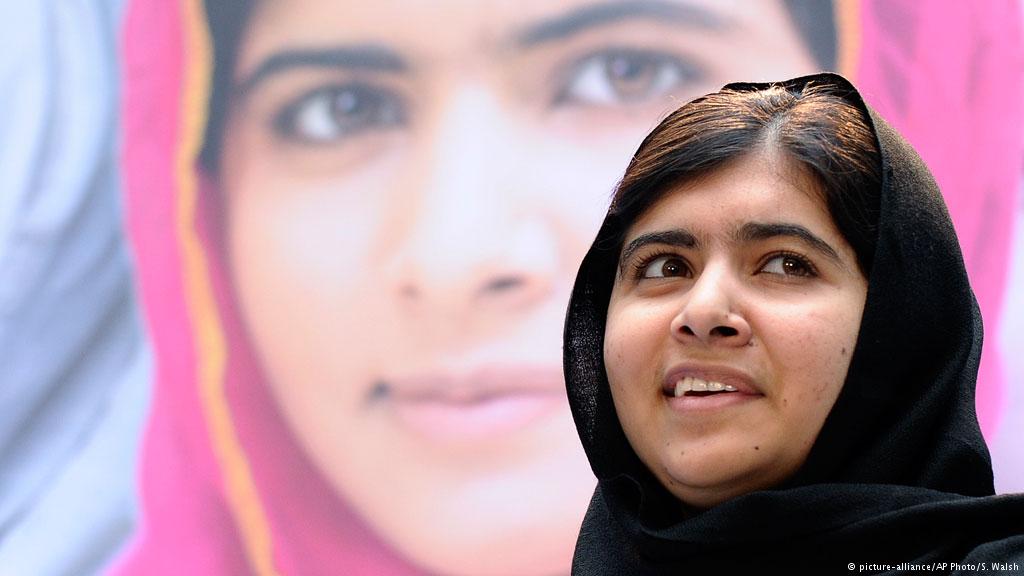Think before you “like”
 “With all respect, everyday, thousands of people die, but still the world moves on. Just because one politician died a natural death, everyone just goes bonkers. They should know we are resilient by force, not by choice. When was the last time anyone showed some respect or even a two minute silence for shaheed Bhagat Singh, Azad, Sukhdev or any of the people because of whom we are free living Indians? Respect is earned, given and definitely not forced. Today Mumbai shuts down due to fear, not respect.”
“With all respect, everyday, thousands of people die, but still the world moves on. Just because one politician died a natural death, everyone just goes bonkers. They should know we are resilient by force, not by choice. When was the last time anyone showed some respect or even a two minute silence for shaheed Bhagat Singh, Azad, Sukhdev or any of the people because of whom we are free living Indians? Respect is earned, given and definitely not forced. Today Mumbai shuts down due to fear, not respect.”
This is the text of the Facebook update that got Shaheen Dhada, a 21 year old college student arrested. Her friend, Renu Srinivasam was also arrested for “liking” the post. Shaheen was actually protesting the shutdown in Mumbai following the death of Bal Thackeray, the leader of the conservative Shiv Sena party, known for advocating preference to Maharashtrians in the western state of India, Maharashtra. The party is also known to have instigated several protests against migrant workers coming from other parts of India to work in Mumbai.
After receiving a call from Mumbai police on Sunday evening inquiring about the Facebook post, Shaheen deleted it. But this didn’t stop a mob of around 40 Shiv Sena activists from ransacking her uncle’s orthopaedic hospital in Palghar, close to Mumbai.
India, the world’s largest democracy, guarantees the right to freedom of expression to every citizen. But this incident is openly undemocratic and raises serious questions about a citizen’s right to free speech that India boasts of.
The girls were arrested on Monday morning by the Palghar police. A local leader of the Shiv Sena, Bhushan Anant Sankhe, filed a complaint. Shaheen and Renu were sent to a 14-day remand by court, but were released hours later on bail. They had to pay a bond of Rupees 15,000 or nearly 300 Euros each.
Because of fear and safety concerns for their family, the girls have apologised and deactivated their respective Facebook accounts.
What sounds bizarre is that the girls were booked under section 295(A) which addresses religious sentiments. The post does not talk about religion. They were also booked under section 66(A) of the Information Technology Act which criminalizes online speech that is offensive or of menacing character. Section 295(A) was later withdrawn and they were booked under section 505(2), that is for statements creating or promoting enmity, hatred or ill-will between classes. The punishment for each of these offences is three-year imprisonment.
Shaheen had just voiced her opinion. Renu’s mere liking of that opinion landed her in trouble. Speaking to an Indian television news channel, Shaheen and Renu said that the arrest was unfair.
However, Shiv Sena’s Thane rural chief Prabhakar Raul has justified the arrest saying, “Balasaheb Thackery is our God. We will not tolerate any offensive comments against him. No Shiv Sainik and no Marathi Manoos will remain silent.”
Ironically, none of the culprits involved in vandalising the orthopaedic clinic of Shaheen’s uncle was arrested until Tuesday morning after the public outcry. Nine people have been arrested in this connection but it’s not clear if they were Shiv Sainiks.
Soon after the news of the arrests of the girls spread on Monday, it invited resentment from media and people all over the country. People turned to social media to give vent to their anger. Facebook and twitter were abuzz with the posts condemning the action taken by police. The message posted by Shaheen was reposted by many.
Having free opinion is vital in a democracy. Even Thackeray, during his career as a cartoonist stood for free speech. Throughout his life he always spoke fearlessly. He was known for being straight forward. Pranesh Prakash of the Centre for Internet and Society in India believes that the arrest was a gross misapplication of the Indian Penal Code and that Bal Thackeray himself violated the provision more times than any other politician, but was only charged under it once or twice.
The truth is, that no law was violated by Shaheen’s post. According to a news report by an Indian TV channel even the police headquarters in Mumbai are upset with the action taken by Palghar police station.
The chairman of the Press Council of India, Markandey Katju, has written an open letter to the Maharashtra chief minister in  connection with the arrest of the two girls. “It is absurd to say that protesting against the bandh hurts religious sentiments,” Katju has written in the letter. “Under Article 19 of our Constitution, freedom of speech is a guaranteed fundamental right. We are living in a democracy, not a fascist dictatorship,” he writes.
connection with the arrest of the two girls. “It is absurd to say that protesting against the bandh hurts religious sentiments,” Katju has written in the letter. “Under Article 19 of our Constitution, freedom of speech is a guaranteed fundamental right. We are living in a democracy, not a fascist dictatorship,” he writes.
There have been other cases of arrests this year which have put a question mark on the constitutionally guarenteed freedom of speech. Last month, Indian Finance Minister P Chidambaram’s son, Karti got an anti-corruption activist arrested for posting on Twitter that Karti had collected more wealth than the son-in-law of Sonia Gandhi, the chief of India’s ruling Congress party.
Earlier, a cartoonist was arrested for posting his work online. The cartoon he posted was a protest against corruption in central government. In another incident, a professor in Kolkata was arrested for forwarding an e-mail with a cartoon criticizing West Bengal chief minister Mamta Banerjee. The most irrational was the arrest of a resident in Chandigarh. She had complained on the facebook page of Chandigarh police that they were not doing enough to find her stolen car.
The number of internet users in India is growing with each passing day. Last year the number was 125 million. It has tripled over the last five years. India is home to the largest number of Facebook users after the US and Brazil. It is believed that by 2015, India will be ranked one in the number of Facebook users. Arresting everyone for liking a facebook post in a country like this is not possible. Today, every body is writing in support of Shaheen and Renu. How many people can the police arrest? The current concern is that the freedom of speech is under attack. If things like this continue then India has to stop calling itself a democracy.
Author: Ronaq Zahoor
Editor: Manasi Gopalakrishnan






